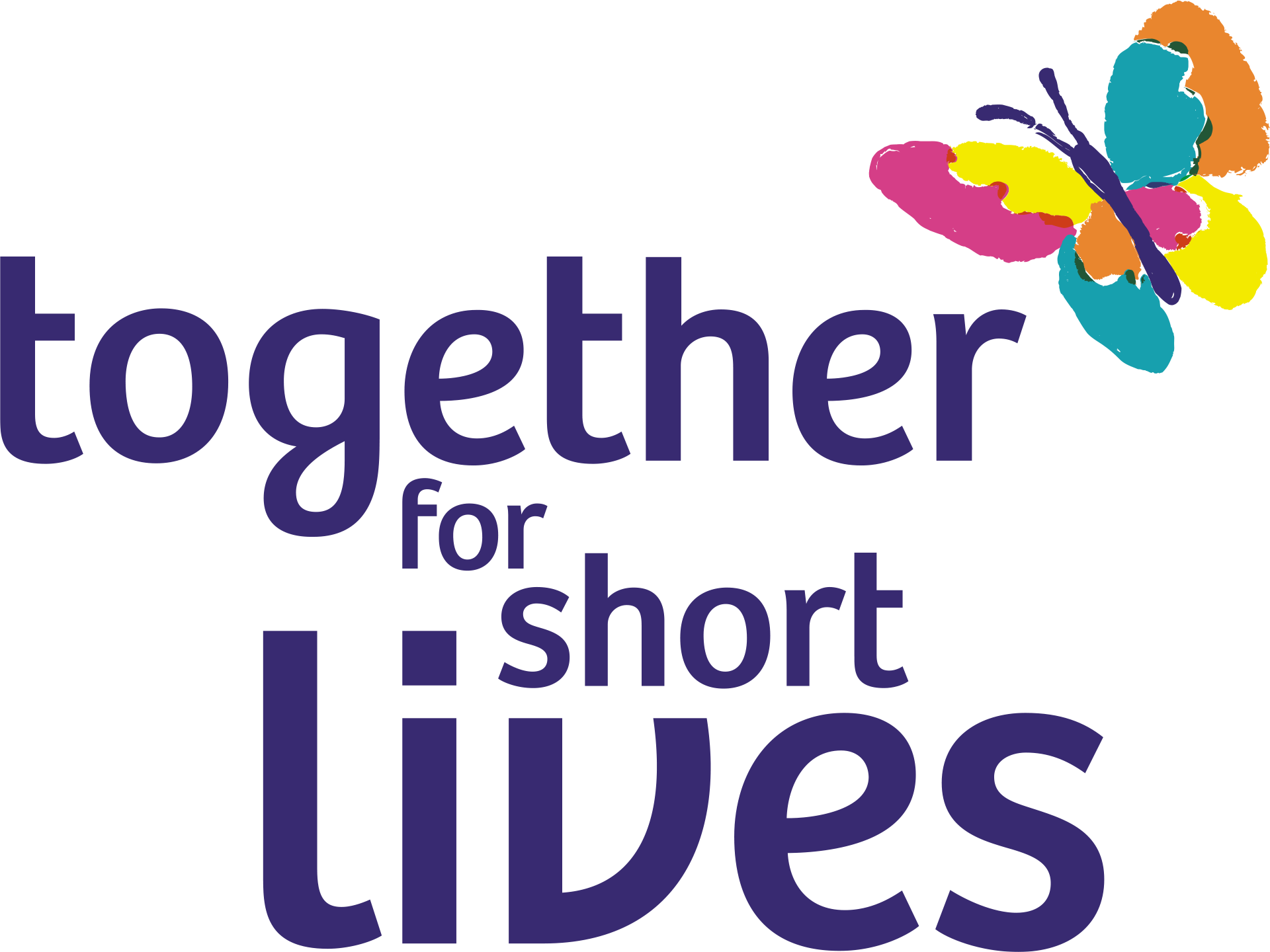 Information in this section has been split into three categories: Resources to assist professionals in understanding adolescence; resources to support you in working with adolescents; and resources for professionals relating to the mental capacity act and best interest decision making.
Information in this section has been split into three categories: Resources to assist professionals in understanding adolescence; resources to support you in working with adolescents; and resources for professionals relating to the mental capacity act and best interest decision making.
As children develop into adolescence, most will experience an increasing desire for independence (possibly at a time when they are feeling more vulnerable and requiring more medical intervention). Resources below may help increase understanding and support engagement with young people experiencing adolescence.
![]() Building independence through planning for transition (SCIE) A guide for practitioners supporting young people.
Building independence through planning for transition (SCIE) A guide for practitioners supporting young people.
![]() 12-15 Years | School Mental Health (hacw.nhs.uk) Adolescence and emotional wellbeing resources.
12-15 Years | School Mental Health (hacw.nhs.uk) Adolescence and emotional wellbeing resources.
![]() Adolescent Development (Youth.gov) Detailed overview with links to videos addressing different topics relating to adolescent development and what may be most helpful to young people experiencing this transition
Adolescent Development (Youth.gov) Detailed overview with links to videos addressing different topics relating to adolescent development and what may be most helpful to young people experiencing this transition
![]() https://
https://
![]() Top tips for brilliant meetings with young people (ndti.org.uk) Booklet providing strategies to make meetings more accessible for young people.
Top tips for brilliant meetings with young people (ndti.org.uk) Booklet providing strategies to make meetings more accessible for young people.
![]() adolesence, boundaries and connections.pdf (swswchd.co.uk) An Royal College of Nursing guide to support nurses and other healthcare professionals in their daily practice with young people.
adolesence, boundaries and connections.pdf (swswchd.co.uk) An Royal College of Nursing guide to support nurses and other healthcare professionals in their daily practice with young people.
 Making a Difference for Young Adult Patients (Together for Short Lives) This briefing presents key findings from a national study on health care transitions for young adults with significant, and potentially life-limiting, conditions. The STEPP project focussed particularly on practice at the ‘adult end’: the clinics and wards which care for young adults with significant health conditions following their transfer from paediatrics.
Making a Difference for Young Adult Patients (Together for Short Lives) This briefing presents key findings from a national study on health care transitions for young adults with significant, and potentially life-limiting, conditions. The STEPP project focussed particularly on practice at the ‘adult end’: the clinics and wards which care for young adults with significant health conditions following their transfer from paediatrics.
The ability to understand and make a decision when it needs to be made is called ‘mental capacity’. The Mental Capacity Act (MCA, 2005) applies to everyone who works in Health and Social Care and is involved in the care, treatment or support of people aged 16 and over who are unable to make all or some decisions for themselves. The MCA puts the individual who lacks capacity at the heart of decision making and is underpinned by 5 key principles (including making decisions in an individual’s ‘best interests’), which must inform everything you do when providing care or treatment for a person who lacks capacity.
In certain cases an individual who lacks capacity may need to be deprived of their liberty in order to enable their care or treatment. Liberty Protection Safeguards have been designed to put the rights and wishes of these people at the centre of all decision making on deprivation of liberty. For more information please see Liberty Protection Safeguards: what they are - GOV.UK (www.gov.uk).
![]() Mental Capacity Act Code of Practice (www.gov.uk) Code of practice providing guidance for decisions made under the Mental Capacity Act.
Mental Capacity Act Code of Practice (www.gov.uk) Code of practice providing guidance for decisions made under the Mental Capacity Act.
![]() OPG603 (publishing.service.gov.uk) The MCA: a guide to making decisions for people who work in Health and Social Care
OPG603 (publishing.service.gov.uk) The MCA: a guide to making decisions for people who work in Health and Social Care
![]() NHS Best Interests At End Of Life Booklet (eolcare.uk) Practical guidance for ‘best interests’ decision making and care planning at end of life.
NHS Best Interests At End Of Life Booklet (eolcare.uk) Practical guidance for ‘best interests’ decision making and care planning at end of life.
![]() Deprivation of liberty and safeguarding (mariecurie.org.uk) Information on deprivation of liberty and safeguarding.
Deprivation of liberty and safeguarding (mariecurie.org.uk) Information on deprivation of liberty and safeguarding.
![]() What is The Mental Capacity Act? (Mencap) An interactive guide to the Mental Capacity Act.
What is The Mental Capacity Act? (Mencap) An interactive guide to the Mental Capacity Act.
Adolescence
![]() http://
http://
- https://
portal.e-lfh.org.uk/ The experience of long-term condition and disability during adolescence. This session addresses the experience of having a long-term condition and disability during adolescence.Component/ Details/ 328794 - https://
portal.e-lfh.org.uk/ Vocational readiness in long-term conditions and disabilityComponent/ Details/ 328800 - https://
portal.e-lfh.org.uk/ Sex and health risk behaviour in long-term conditions and disability. This session addresses the impact of chronic illness and disability on sexuality and health risk behaviours during adolescence.Component/ Details/ 328809 - https://
portal.e-lfh.org.uk/ Young people as experts. This session considers the young person with a long-term condition as the expert in terms of participation, peer support and self-management.Component/ Details/ 41874 - https://
portal.e-lfh.org.uk/ Transition from child-centred to adult-centred healthcare. This session explores the importance of transitional care, as young people with long-term conditions and/or disability negotiate the move from child-centred to adult-orientated care. (Part of the Adolescent Health Programme).Component/ Details/ 367600 - https://
portal.e-lfh.org.uk/ Practical approaches to transition. This session considers the practical aspects of timing and planning of transition and transfer for young people with long-term conditions and/or disabilities.Component/ Details/ 367606 - https://
portal.e-lfh.org.uk/ Developing a transition programme. This session considers the key steps involved in the development of a transitional care programme for young people with long-term conditions and/or disabilities.Component/ Details/ 367615 - https://
portal.e-lfh.org.uk/ Transition from child-centred to adult-centred healthcare. This session explores the importance of transitional care, as young people with long-term conditions and/or disability negotiate the move from child-centred to adult-orientated care.Component/ Details/ 367600
Decision making
![]() Mental Capacity Act (MCA): e-Learning course (SCIE) Free CPD-accredited online course exploring the Mental Capacity Act 2005, including ‘best interests’ decision-making, and how to support people to make their own decisions. This course is for everyone who looks after or cares for someone (including family members).
Mental Capacity Act (MCA): e-Learning course (SCIE) Free CPD-accredited online course exploring the Mental Capacity Act 2005, including ‘best interests’ decision-making, and how to support people to make their own decisions. This course is for everyone who looks after or cares for someone (including family members).
![]() Independent advocacy under the Care Act 2014 e-learning course (SCIE) Free course exploring independent advocacy under the Care Act 2014. For all social care staff, including those working in initial content centres.
Independent advocacy under the Care Act 2014 e-learning course (SCIE) Free course exploring independent advocacy under the Care Act 2014. For all social care staff, including those working in initial content centres.
![]() One Page Profile: e-learning course (SCIE) Free E-learning course designed to help you achieve excellent person-centred care and support by learning about and using one-page profiles. This resource is for everyone.
One Page Profile: e-learning course (SCIE) Free E-learning course designed to help you achieve excellent person-centred care and support by learning about and using one-page profiles. This resource is for everyone.


